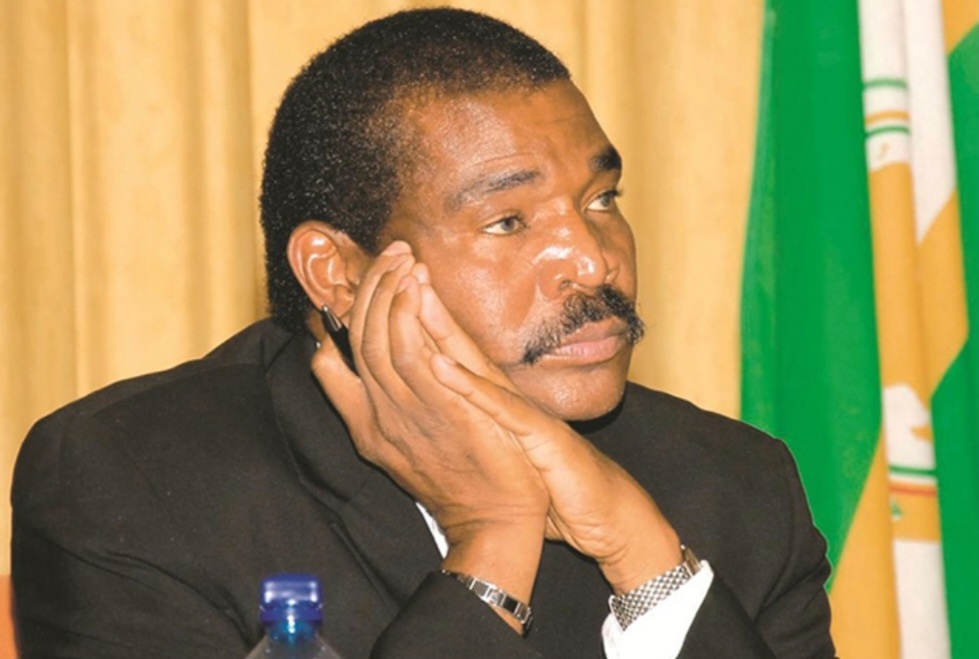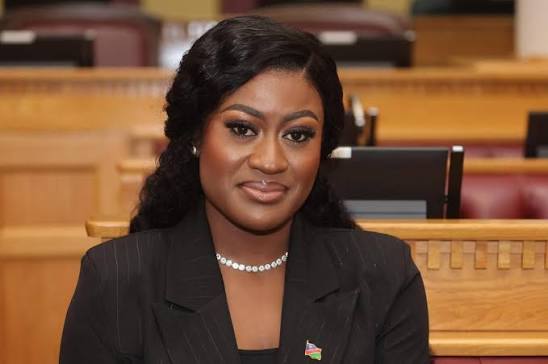
Prominent Namibian academic and political commentator, Professor Joseph Diescho, has launched a defamation lawsuit against a woman who accused him of sexual harassment and The Namibian newspaper for publishing the allegations — seeking a combined N$600,000 in damages.
According to court papers filed by his lawyer, Ileni Gebhardt, the case stems from a Facebook post published around 6 August 2025 by Uschi Ramakhutla, in which she described Diescho as “emotionally immature and extremely egocentric,” and claimed he had made her feel unsafe by allegedly ambushing her at Windhoek’s Craft Centre.
Ramakhutla’s post detailed that she had repeatedly rebuffed Diescho’s attempts to meet her, accusing him of ignoring her refusals and continuing to seek her out — behaviour she described as “stalker-like.”
Diescho’s legal team argues that the post was “wrongful and unlawful”, intended to damage his reputation and diminish his dignity, both locally and internationally. He is demanding N$200,000 in compensation from Ramakhutla for defamation.
In addition, Diescho has lodged a second claim of N$200,000 against The Namibian, after it published an article on 2 September 2025 titled “Diescho accused of harassing”. Gebhardt maintains that the article reinforced the false impression that Diescho had made “unwanted and unwelcome romantic or sexual advances” towards Ramakhutla
A third claim of N$200,000 targets The Namibian’s cartoonist, Dudley, over a cartoon titled “Joe Diescho can’t take no for an answer.” The illustration, published alongside the article, allegedly depicted Diescho in a degrading manner — mouth open, tongue out, chasing a woman shouting “No means no.”
Diescho contends that the cartoon was defamatory and humiliating, further compounding the reputational harm caused by the publication. His legal team is also demanding that the newspaper retract the story and issue a front-page apology.
Neither The Namibian nor Ramakhutla have filed formal responses yet.
Known for his sharp political commentary and leadership roles in academia, Prof. Diescho now finds himself at the centre of a legal and public relations battle over the boundaries of free expression and the protection of personal reputation in the digital era.



























